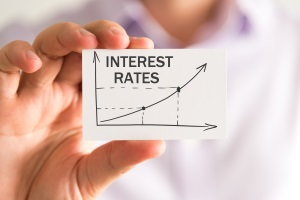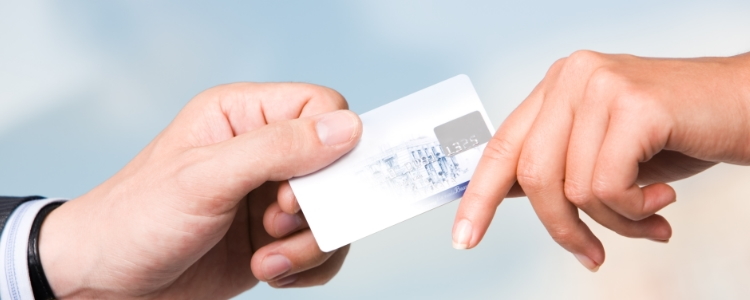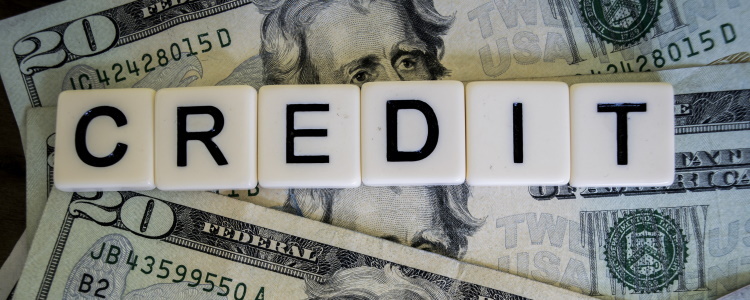Having bad credit can be a strain on your finances, but poor credit can impact your life in several other ways as well.
What's Considered Bad Credit?
A credit score of around 600 and lower is usually considered "bad" credit. Credit scores are based on information found in your credit report, such as payment history, length of credit history, and negative financial information. FICO scores range from 300 to 850, with higher numbers indicating better credit.
Bad credit can be the result of many financial missteps: a pattern of missed or late payments, accounts sent to collection or charged off, high credit card balances, filing for bankruptcy, vehicle repossession, home foreclosure, court judgments, and more.
Ways Bad Credit Can Affect You
Bad credit can affect your life in many different ways, none of which are positive:
 Harder to Get Credit – It's more difficult to get approved for credit cards, mortgages, and loans with a lower credit score. Bad credit signals risk to lenders and creditors, as it could mean you've been careless with credit in the past.
Harder to Get Credit – It's more difficult to get approved for credit cards, mortgages, and loans with a lower credit score. Bad credit signals risk to lenders and creditors, as it could mean you've been careless with credit in the past.- Higher Interest Rates – The most ideal rates and terms are off the table even if you're approved for credit. Creditors base interest rates on loans and credit cards largely off credit scores. Lower credit leads to a higher interest rate, and higher rates translate to higher costs.
- More Expensive Auto Insurance – Auto insurance providers often charge higher rates to people with bad credit – at least in the states where this practice is legal. Data indicates that consumers with bad credit are more likely to file insurance claims, so providers charge higher premiums to compensate.
- Employment Disadvantages – With your permission, potential employers can check your credit. If your credit history is spotty, it may lead them to going with a different candidate with similar qualifications and better credit – especially if the job deals with the realm of finance in any way.
- Renting Issues – Landlords can also check your credit to learn more about your financial situation before agreeing to a lease. If they see a poor payment history, they're less likely to take you on as a tenant.
- Challenges with Utility Companies – Utility companies and cell phone providers may also run your credit before agreeing to do business with you. If they don't outright refuse your business, they may charge a higher security deposit upfront to compensate.
Taking Steps to Improve Your Credit
Without question, having bad credit can make life more challenging and expensive. The resulting consequences may even lead to stress and anxiety, so it can impact a person's personal health as well. The good news is that no matter how bad your credit is, how long it's been like this, or how your credit score got this way, it can always be improved. Rebuilding credit takes patience, effort, and dedication, but you can be successful with the right plan.
Credit improvement starts with understanding the factors that make up your credit score: payment history, amounts owed, length of credit history, mix of credit accounts, and amount of newly opened credit accounts. Of those factors, payment history and amounts owed impact your score the most.
Therefore, the two best credit-building steps to take are:
- Paying All Bills on Time – Your payment history accounts for 35 percent of your FICO credit score, so it's very important to make all of your payments on time. Establishing a strong payment history is the most surefire way to a good credit score. There are even services that report your rent or utility payments for you to boost your credit score. Our trusted partner will report your rent payments if you sign up for free.
- Lowering Credit Card Balances – The amounts you owe make up 30 percent of your FICO score. This factor has a lot to do with your credit utilization ratio – the amount of your credit card balances compared to their limits. The general rule of thumb is to not use over 30 percent of your available credit limits, as carrying balances above this threshold negatively impacts your credit rating. Take steps to lower your credit card balances (and keep them down) if they're too high.
The Bottom Line
Sometimes, you need a car before you can take the time to improve your credit. If you're looking for a dealership that helps with bad credit car loans, Auto Credit Express is here to help. We work with a nationwide network of special finance dealerships that are connected to lenders willing to help consumers dealing with poor credit. We'll connect you with a local dealer if you simply fill out our free and secure auto loan request form.
















